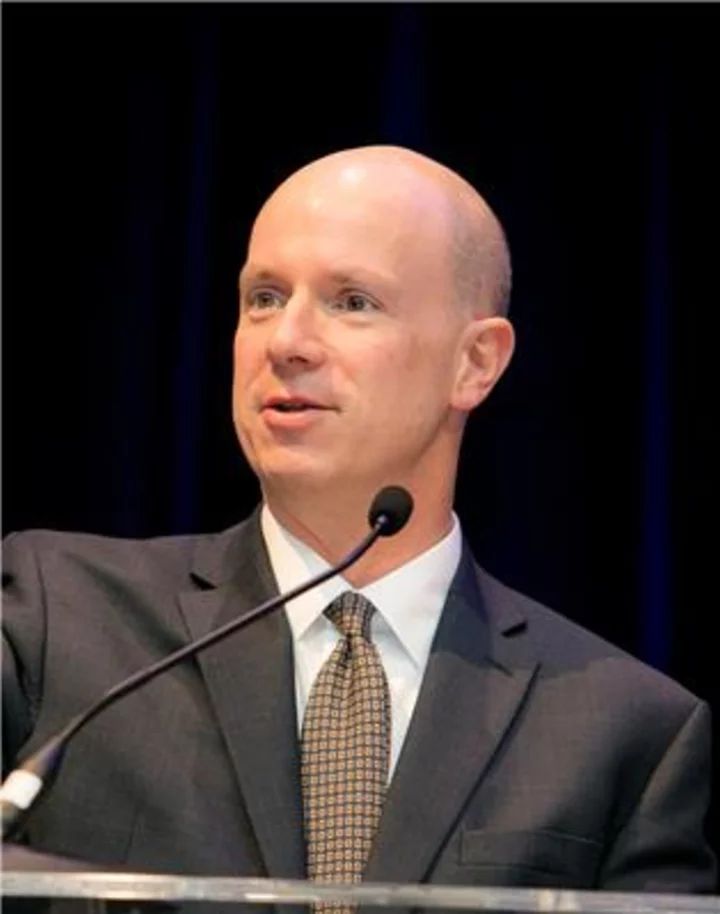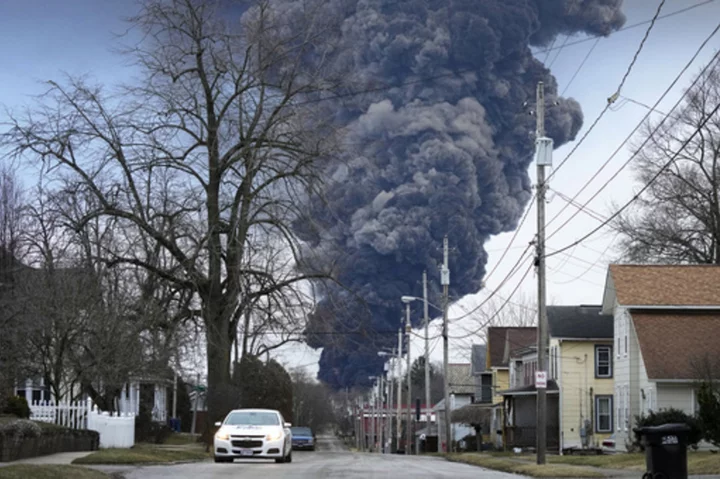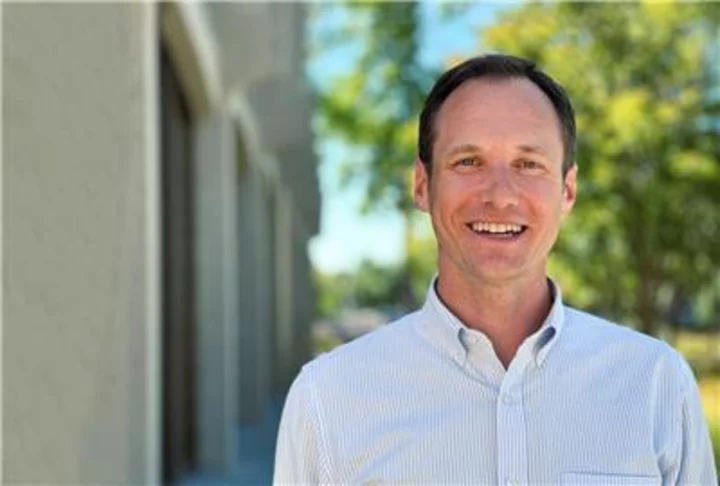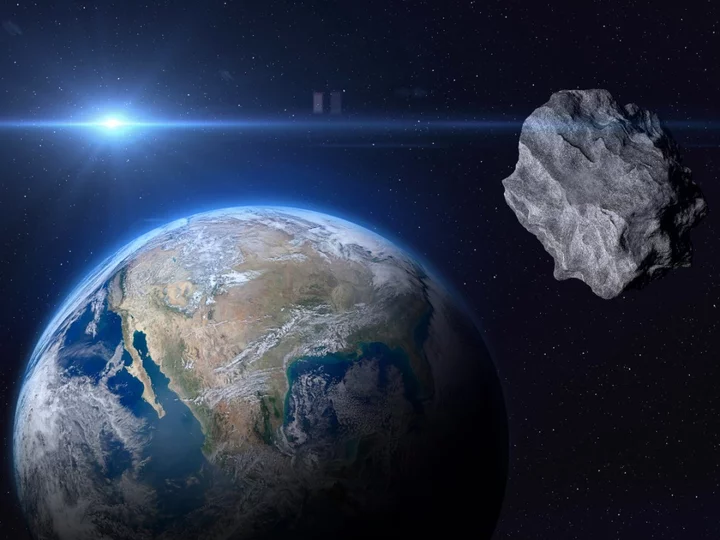The papermill in Courtland is gone. The railcar factory in Cherokee too. Here in north Alabama, people are worn out from watching good jobs disappear.
“We’ve been beat on and beat on and beat on,’’ says Bobby Burch, who’s lived here his whole life.
Which is why what’s happening these days off State Route 20 is so remarkable. Past the Dollar General store, the Wheeler Grove Baptist Church and Dot’s Soul Food restaurant, a new industry is coming to this corner of the Bible Belt. First Solar Inc. plans to start manufacturing solar panels near the cooperage that makes barrels for Jack Daniels Old No. 7 whiskey.
Burch cried when he delivered the news.
Here, in the reddest district in America — where old-fashioned conservatism mixes with new-fashioned economics — people are buzzing about green jobs. They're talking about them on the Rick & Bubba comedy radio show. Under the stadium lights at Friday night high-school football games. Over Southern sweet tea at Rotary Club lunches.
What they’re talking less about is the uneasy politics of all of this. Republicans outnumber Democrats by 14-to-1 in this part of deep-red Alabama. In 2020, then-President Donald J. Trump — who rolled back 100-plus environmental rules and regulations, to cheers from the oil and gas industries — won 80% of the vote in the state’s 4th congressional district. It was one of his biggest landslides anywhere.
Now Joe Biden, the Democrat in the White House, is helping to bring back jobs. Biden has issued an urgent call to combat climate change and restore environmental policies that Trump dismantled. He and Democrats in Congress authorized hundreds of billions of dollars in federal incentives last year to encourage domestic manufacturing and speed the nation’s transition away from fossil fuels.
Republicans are still trying to undercut Biden’ green program. Just last week, newly installed House Speaker Mike Johnson helped pass legislation that would cut billions of dollars in incentives included in the president’s signature climate law.
Despite the opposition, the First Solar plant and dozens of clean-tech projects around the country are part one of the biggest experiments in industrial policy that the US has ever attempted. Nobody knows for sure how it will play out in Alabama, which is embracing its new position on the southern fringe of the nation’s emerging Battery Belt.
Read More:Red States to Reap the Biggest Rewards From Biden’s Climate Package America’s Factory Boom Brings Billion-Dollar Projects to Tiny Towns
On this sultry mid-September day, Burch, chair of the Lawrence County commission, is rolling past rows of cotton and arbors of southern muscadine grapes in his gas-powered Chevy Tahoe SUV. Sporting an Auburn Tigers shirt, he’s holding forth about silicon crystals — and the promise of solar panels.
Burch, 58, is fired up. The new factory is “a shot in the arm” for the county, he says. “I've been telling everyone that this is going to put us on the global map!”
Weeds poke through the cracks in the concrete floor at the deserted International Paper mill in Courtland, south of the Tennessee River. For more than 40 years, the mill was the biggest employer in the county, an officially liquor-free rural stretch about 185 miles north of Montgomery, the state’s capital.
More than 1,000 people had worked at the mill making paper for magazines, envelopes and office-copy machines. But all that came to an end a decade ago, when digital technology — and the prospect of a paper-less future — claimed the mill and all those jobs.
“People were just angry, down and sad,” Burch says. “It’s the kind of morale that just takes time to go away.”
Then, a second blow landed a county away. In 2020, FreightCar America Inc. closed its railcar plant in Cherokee. Hundreds of jobs vanished as production headed for Mexico.
Lately, things have been looking up in Lawrence County, where Jesse Owens, the 1930s Olympic medalist and American hero, was born a sharecropper’s son. Yellow bulldozers have levelled the red earth to make way for the $1.1 billion First Solar factory, about 35 miles west of NASA’s Marshall Space Flight Center in Huntsville. New concrete walls stretch for about half a mile.
According to the plans, the plant will span an area the size of roughly 40 football fields and create more than 700 jobs. It’s set to be the county’s largest employer when it opens late next year.
To lure First Solar, officials waived certain property taxes on the plant for 20 years. Other levies have been abated as well. Sweetening the deal, First Solar expects to qualify for tax credits under Biden’s Inflation Reduction Act — something that no Republican politician backed.
Tabitha Pace, who leads the local business development board, helped lure First Solar here. Other companies could follow.“It’s opened the door to new projects,” she says.
First Solar chose Lawrence County largely because it’s near Huntsville, a high-tech manufacturing hub, said Samantha Sloan, First Solar’s vice president of global policy. Additional factors included land costs, availability of electricity and logistics infrastructure, she said.
The factory is already paying off for residents. The county received a $1.5 million federal grant to improve roads and water services. First Solar also has paid about $1.4 million in school taxes. That money is being put toward a STEM lab, expanding classrooms and a career-tech center.
At her family’s cotton farming business, Kathleen Hamilton, 91, who says unusual weather delayed the harvest this year, calls the First Solar plant a “blessing.”Her son-in-law, Roger Felkins, vice president of the Hillsboro Gin Company, also is a supporter of the solar factory. But he says people are quick — sometimes too quick — to ignore the everyday practicalities of green energy. For instance, he worries that battery-powered tractors might be too heavy for Alabama’s fine sandy loam.
A five-minute drive from the new solar factory in the hamlet of Trinity, Mayor Vaughn Goodwin, a Republican, grapples with caring about the environment on one hand and voting for politicians who oppose green initiatives on the other. “To be honest, it’s a hard balance,” he says.
Goodwin says he worries what might happen to the country’s green future under a GOP-led administration.
An online poll by Bloomberg News and Morning Consult, conducted from Oct. 5 to Oct. 10, found voters in several swing states — Alabama isn’t one of them — trust Trump more than Biden on the economy. Most Alabama voters pulled for Trump in 2020 and, assuming he’s the 2024 GOP nominee, probably will again based on their track record. (Representative Robert Aderholt, the Republican who’s represented the 4th congressional district since 1997, has denied the science around climate change. Even so, he asked for $1.5 million in federal funds earlier this year for an electric and autonomous vehicle center at a community college in his district. A spokesman didn’t return calls seeking comment.)
Read More: Alabama Again Rejected by Supreme Court on GOP-Drawn Voting Map
About 40 miles west of Trinity in Colbert County’s Muscle Shoals, where historic soul, rock and country songs were recorded by everyone from Aretha Franklin to the Rolling Stones, 70 industrial robots whir over an orange conveyor system. Workers in this factory are assembling another new clean-energy product: EV battery cases.
In August, Linamar Corp. of Canada took over the plant in Muscle Shoals. Paul Underwood was one of the hundreds of people who lost their jobs when FreightCar America, which made railcars to transport things like coal, shut down. Now, he’s running the plant making EV parts.
Underwood, 42, doesn’t have a lot of time for the red versus blue politics of green. Neither do his workers. And many say they aren’t about to swap their gas-powered cars for electric ones because they’re still too costly and there’s a dearth of nearby charging stations.
“It wasn't a political agenda, an EV agenda or a climate-change agenda,” Underwood says of the effort to bring manufacturing back here. “It was an opportunity to create jobs.”
That’s a common refrain in Lawrence County. After a talk by the Daughters of the American Revolution at the Rotary luncheon at the Western Sirloin Steakhouse in the town of Moulton, the conversation turns to green energy.
Dentist Charles Borden says he was surprised First Solar picked a state where many Republican voters — and many Republican politicians — have doubts about climate change.
His friend Don Beach, a doctor, talks about how another manufacturer had caused pollution in the area, and worries the new solar-panel plant might do the same. “I'll be watching them carefully,” he says.
And probate judge Greg Dutton said the irony of Biden bringing green jobs to a red area didn't even cross his mind. All that matters is that they are here.
“It’s got nothing to do with ideology,” he says.
At the high-school homecoming parade, costumed kids toss Double Bubble Gum and Tootsie Rolls to the crowd. A pickup with monster-size wheels crawls around the town square blasting AC/DC.Burch, the county commissioner, catches up with childhood friends. The conversation turns to the coming solar-panel plant, and how his rural county will soon join the high-stakes fight over global supply chains and clean energy.
“I mean, what we’re doing is competing with our nemesis China,” Burch says. “We are going straight at their neck.”









